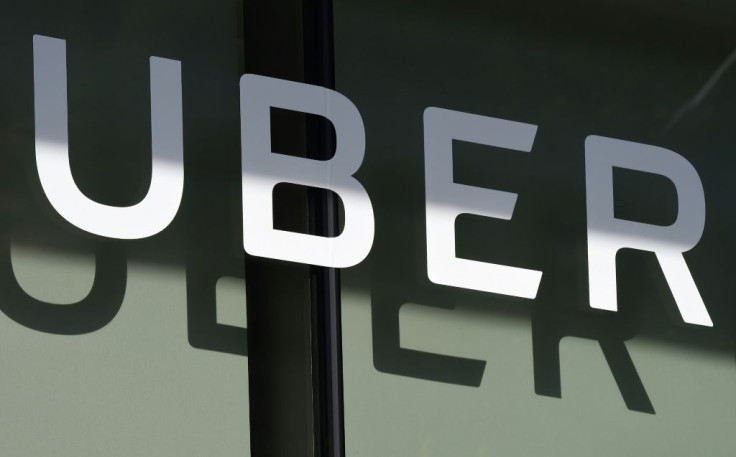Lawsuit Aims For Uber To Provide Worker Benefits To UK Drivers

KEY POINTS
- A lawsuit against Uber was brought before the U.K. Supreme Court demanding workers' rights for drivers
- The lawsuit was filed by two former drivers in 2016, and two lower courts have ruled in favor of the drivers before the Supreme Court appeal
- Uber would be forced to provide its U.K. drivers minimum wage, paid holidays, and break periods while working if the Supreme Court rules in the drivers' favor
A lawsuit against ride-share giant Uber in the U.K. could have major ramifications on the country’s job market as the company and two former drivers appeared in court Tuesday. It’s the first appearance before the Supreme Court as part of Uber’s last appeal to overturn rulings by the lower courts classifying its drivers as employees entitled to workers’ rights.
“This landmark case will have enormous implications for how well, or badly, workers in the fastest-growing sector of the economy are treated,” Rachel Mathieson, a lawyer representing the drivers, told the BBC News.
The legal fight started in 2016 when Uber was slapped with the lawsuit by drivers Yaseen Aslam and James Farrar. The pair argued given Uber’s treatment of its drivers, they should be classified as employees rather than as being self-employed.
They cited how Uber records passenger details and doesn’t allow drivers to share contact info with passengers, which they could do if they were considered self-employed.
“[Working for Uber] we are not in business on our own account. We are in business as part of somebody else's business,” Farrar told the BBC News. “I don't control the customer, I don't control the price. I'm effectively performance managed and I'm penalized. So I am definitely under Uber's control.”
Farrar is the current head of the United Private Hire Drivers’ union.
The lower courts ultimately ruled in favor of Farrar and Aslam, saying Uber needed to change their driver classifications to "employees" in the U.K.
This change entitles drivers to privileges like a minimum wage, paid holidays, and breaks, which Uber was able to avoid covering by classifying drivers as self-employed.
Uber argues the flexibility granted to its drivers allows them to act more independently of the company, making their driver’s self-employed.
“The vast majority of drivers want to work independently, and over a number of years we’ve made significant changes to our app to offer more benefits with total flexibility,” Jamie Heywood said in a press release. Heywood is Uber’s current regional general manger for northern and eastern Europe.
“Drivers can determine if, when and where they drive, but can also access free AXA insurance to cover sickness or injury, as well as maternity and paternity payments.”
Uber appealed the decision and took the case to the U.K. Appeals Court, which also ruled in favor of Farrar and Aslam in 2018, before moving on to the U.K. Supreme Court. A decision in the case is not expected until October.
© Copyright IBTimes 2024. All rights reserved.



















